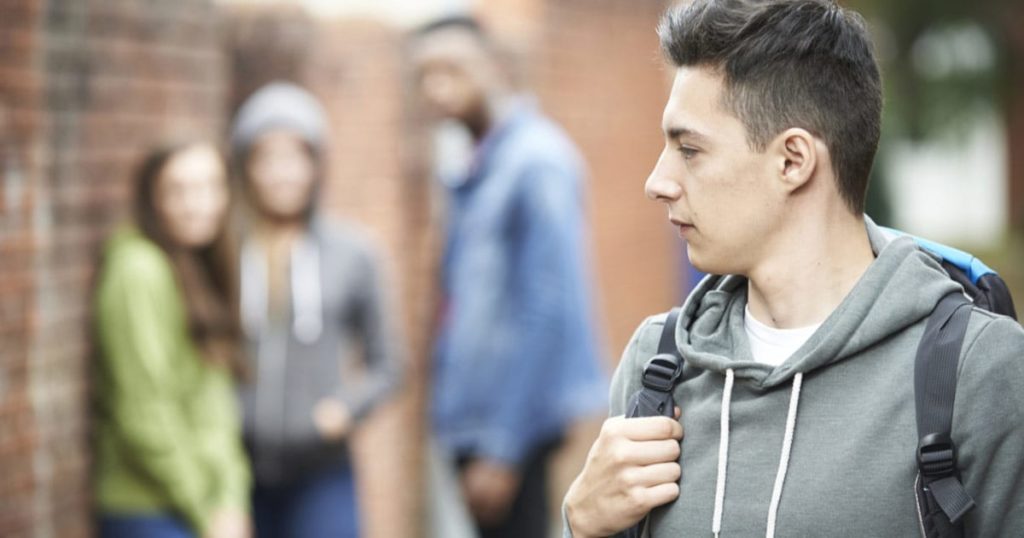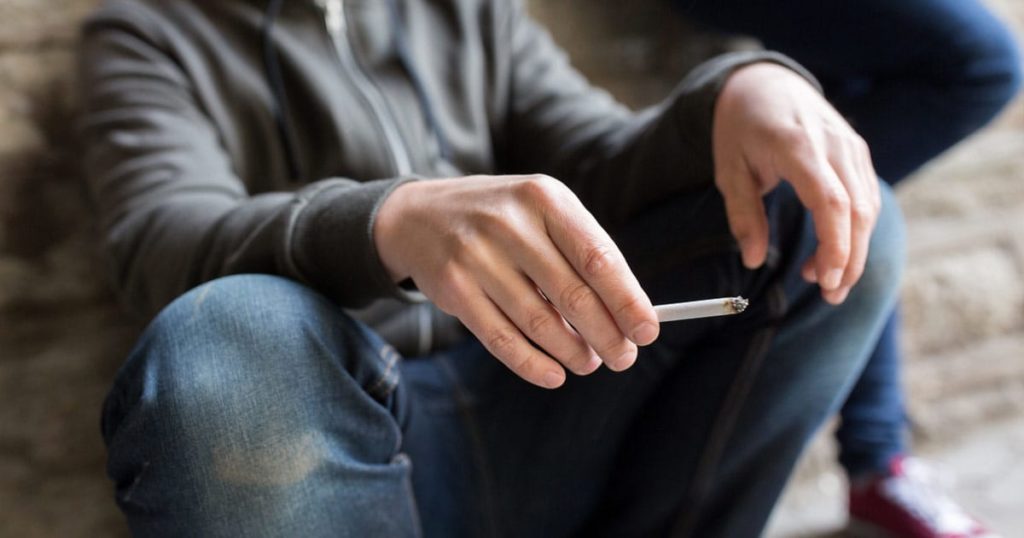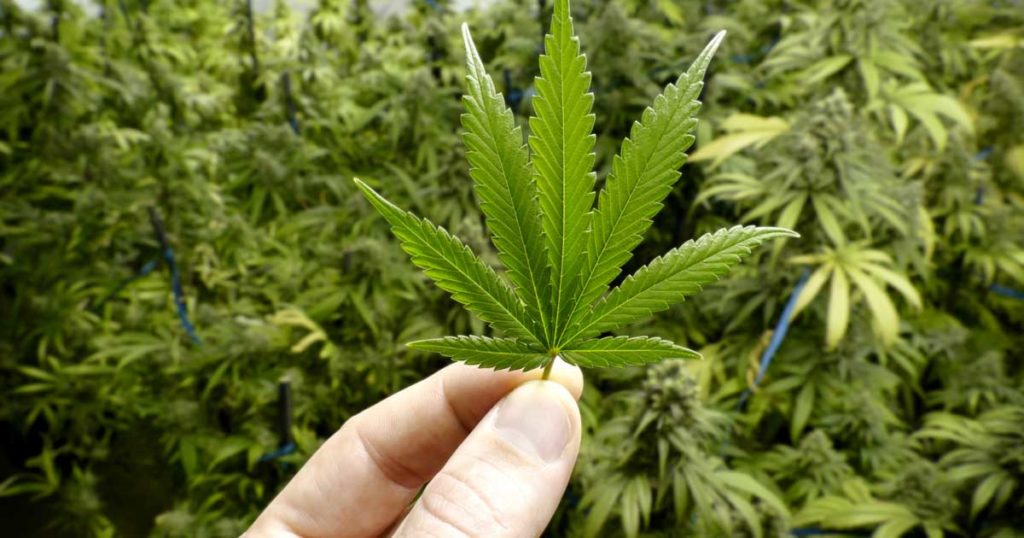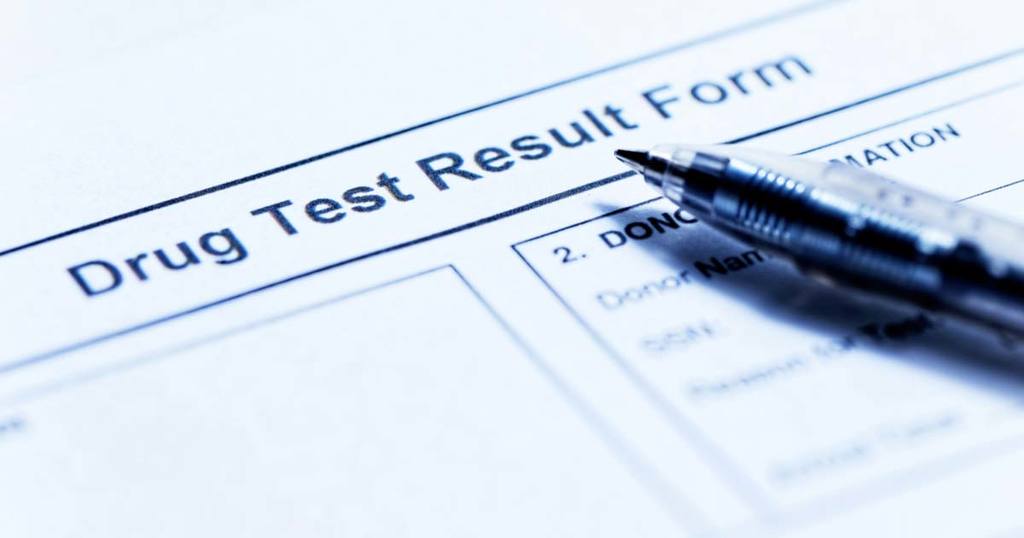Recent research points to a troubling fact: Hispanic youth in America are abusing drugs and alcohol at greater rates than their peers. This is an important statistic for everyone in the Hispanic community, but especially for parents of children, preteens and teens. Prevention is the best medicine for substance abuse, and parents have the power to influence the choices their children make. It is also important that we all understand the problem and why it is happening.
Young Hispanics and Substance Abuse: An Alarming Trend
Surveys of young people have found that the rate of substance abuse among Hispanic teens is on the rise. Statistics show that Hispanic teens are 40 percent more likely than their non-Hispanic white peers and 30 percent more likely than their African American peers to have used any substance in the past years. Fifty four percent of Hispanic teens have used any illicit drug. Fifty percent have used marijuana, 15 percent have used ecstasy, 12 percent have used cocaine or crack and 12 percent have misused prescriptions. These numbers are all higher than for other races. Hispanic teens are also more likely to use heroin and meth.
Influence of Perception and Peers
Perception is a powerful force and research has demonstrated that Hispanic teens are less likely to perceive drugs to be dangerous or scary than their peers of other races. They perceive drugs as having fewer negative consequences than they really do. Peer pressure is also an important factor that helps to explain the greater incidence of substance abuse among Hispanic youth. Statistics show that they are more likely to be surrounded by peers, friends and older family members who abuse substances.
Role of Parents
Parents have the potential to be the biggest influence in a teen’s life, although it may not always seem that way. Teens whose parents talk to them about drugs and drinking and are involved in their daily lives and activities tend to make better choices about substance use. Hispanic teens report that their parents are less likely to ask them about their day, set and enforce rules and monitor their activities than their peers. Children whose parents do not monitor their activities are up to four times more likely to try drugs.
Preventing Teen Substance Abuse
Treatment of substance abuse and addiction is fraught with difficulties, especially for those in minority populations. While substance use treatment should not be neglected, the best approach to reversing the troubling trend of substance abuse in the young Hispanic community is to prevent it. The results of surveys and studies are disturbing and upsetting, but they also help to inform us as to how educators, community leaders and parents could make a difference. Prevention programs that begin in middle school might be especially important. Educating children early about the dangers of drug use is important, especially since the research has shown that Hispanic teens’ perceptions are skewed. The surveys found that Hispanic youth in particular find it difficult to resist peer pressure. Prevention programs should include skill-building strategies to help young people learn how to say no and how to be confident in that choice. Finally, the research tells us that parents could play a much bigger role in preventing substance abuse. Community outreach to inform parents about the issues and how they can help could have a big impact. Parents need to understand how influential they are in their teens’ lives and how their involvement makes all the difference.






